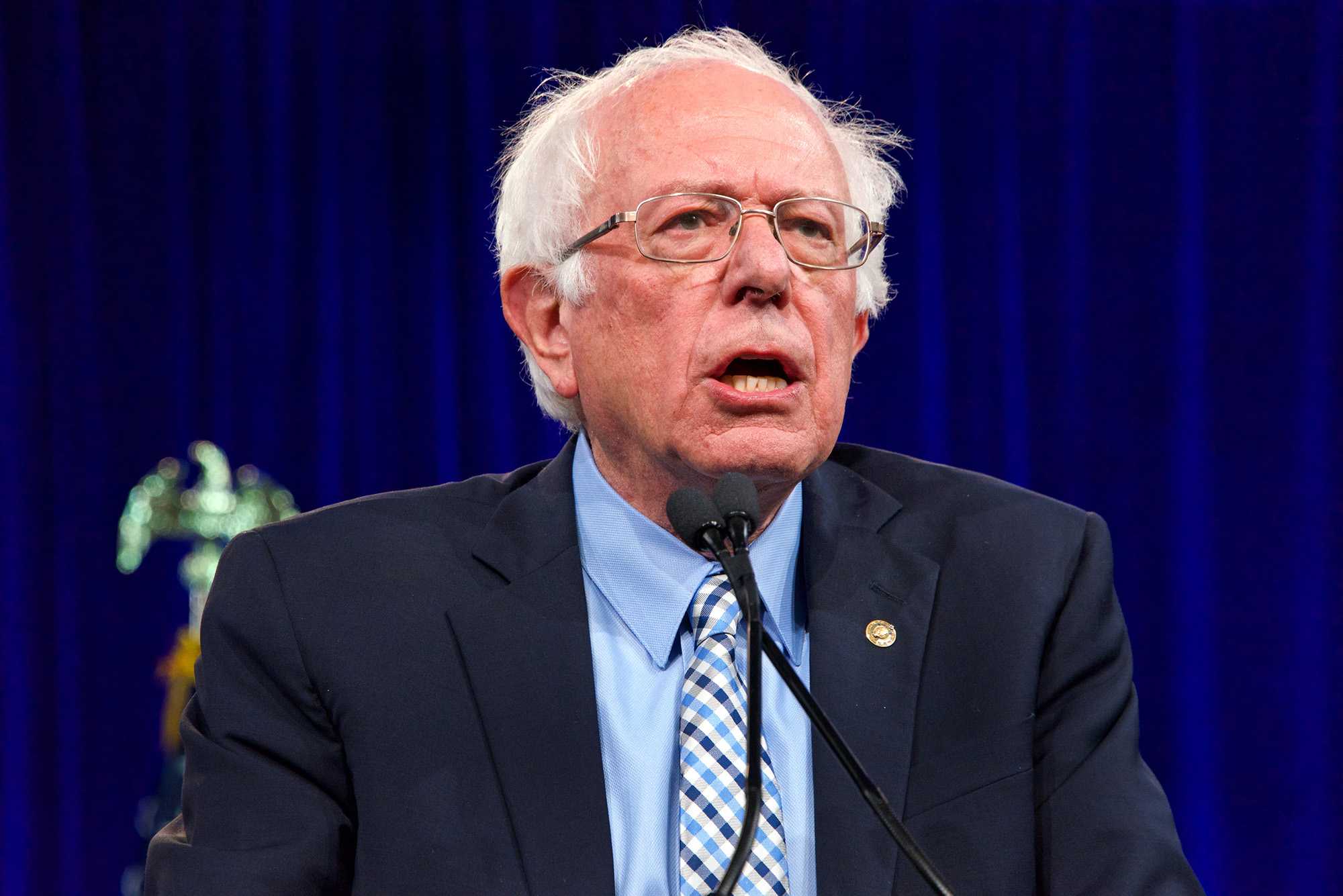Last week, as the first installment of a two-part op-ed mini-series, I made the case for why Democrats who are serious about defeating President Donald Trump should nominate a candidate from the moderate wing of the primary field. This week I take the opposite track and argue why a progressive has the best chance to retake the White House in November.
Although less than 3% of total pledged or unpledged delegates to the Democratic National Convention have been allocated at this juncture, Sen. Bernie Sanders has emerged from early-state races christened as the front-runner. As such, the likelihood that Sanders, an independent for the vast majority of his political career, will be the standard-bearer for the Democratic Party in the general election is one to be reckoned with.
Such a prospect has induced a mild panic among some in the Democratic establishment who are convinced that Sanders will not form a solid coalition beyond his base — but what if a progressive actually is the unity candidate?
Some fears about Sanders are really more about his supporters than about the candidate himself — it’s fair to say that a subset of his loyalists are extremely online, ideological and antagonistic. At times, they are wildly unrealistic about what a Sanders administration could realistically achieve, unreasonably hostile towards moderates and the Democratic establishment and unwilling to acknowledge how small the differences between Sanders’ platform and those of other primary candidates actually are. But a presidential election is not a Twitter popularity contest, so citing the behavior of a small part of his base probably exaggerates the issue.
What I care about to the exclusion of all else is stopping the Trump presidency in its tracks.”
Second, voter turnout will be of grave importance to a Democratic victory this election cycle. Polling suggests that Sanders could be more likely than some of his competitors to propel typical non-voters to the polls. A recent New York Times Upshot/Siena College poll found that non-voting Democrats were more likely to approve of Sanders. In fact, Sanders was the only Democratic candidate to enjoy higher favorability among non-voting Democrats than those who regularly show up to the polls. Further, in her recent New York Times column “The Center Cannot Hold,” Elizabeth Bruenig observed that only 53% of Sanders supporters say that they will support the Democratic nominee if it is not him. As such, failing to adequately mobilize non-voters and alienating Sanders’ most die-hard loyalists might be too big of a risk for the party to take. It could be that Sandersism might be a safer bet to hang on to those demographics.
I would also submit that fears that Sanders might push away Democrats outside of his base may not be realized. I myself have serious reservations about a theoretical Sanders administration. His policy plans often lack specifics, robust analysis and empirical evidence, and it is entirely a valid concern that he may run an ineffective White House and reject feasible marginal improvements while insisting on ideas that don’t even find sufficient favor within his own party. However, would I vote for him in the general election? Obviously; what I care about to the exclusion of all else is stopping the Trump presidency in its tracks. The “vote blue no matter who” sentiment is strong among most Democrats outside of Sanders’ coalition, and it’s also inevitable that Sanders will need to moderate his positions if he is to compete in the general election. And the truth is that the policy output of a Sanders administration wouldn’t be that different from that of a moderate administration. No matter the president’s agenda, constraints will realistically come from Congress, where the median member is certain to be more conservative than anyone in the Democratic field.
Over the past months, as I continue to wrestle with whom to cast my ballot for, I often think about a column recently written by David Leonhardt for the New York Times. Leonhardt makes the case that in the past, the thorniest political debates took place between the two parties. Today, however, the Republican Party has become so radicalized that it opposes almost any problem-solving work of government; as a result, almost all true policy debate happens within the Democratic Party. It follows, then, that tensions are only natural.
And yet, whoever we may vote for, Leonhardt says, progressive and moderate Democrats still agree on far more than they disagree. We can only nominate one person, but in the long term, I hope that our eventual standard-bearer will remember that they are likely to accomplish much more if they realize that their democratic peers are not the enemy.













